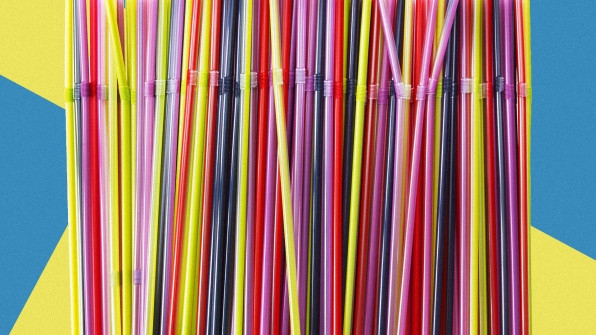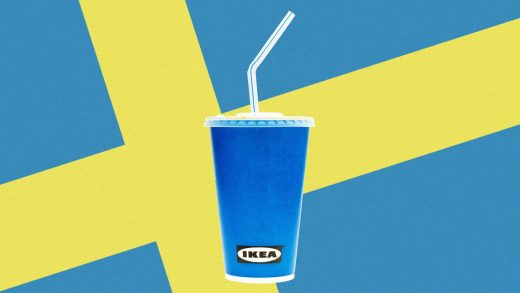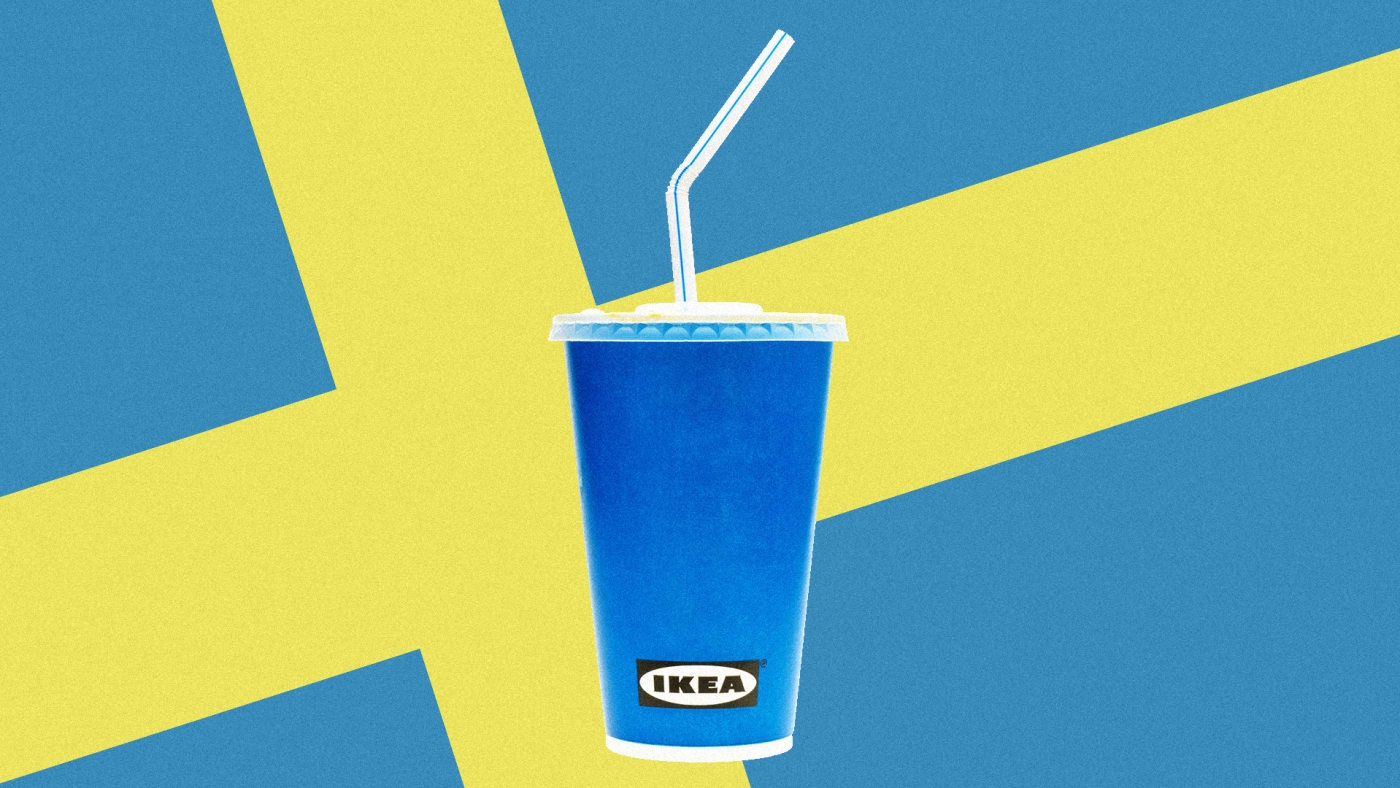Ikea is ditching single-use plastic by 2020
By 2020, if you order “Nordic fruit water” with your vegetarian meatballs at one of Ikea’s in-store restaurants, you’ll no longer be able to drink it with a plastic straw. The company will stop using single-use plastic including straws, cutlery, and drink stirrers in its cafes. (It already uses silverware most of the time, but occasionally supplements it with plastic forks and spoons). It will also remove single-use plastic products, like garbage bags and 200-packs of straws, from the shelves of the store.
It’s a small part of the company’s sustainability strategy. Ikea is already planning to phase out virgin oil-based plastic in its products, moving to either plastic made from renewable materials or recycled plastic. It was the first major retailer to stop using plastic bags, in 2007. It invested in a plastic recycling plant in 2017 to help with that goal.

By 2030, the company aims to only use renewable and recycled materials in everything it sells. It will offer solar panels in more stores, sell more plant-based food, buy 100% renewable energy by 2020, and will offer zero-emissions home deliveries by 2025. It’s reducing emissions in line with the goals of the Paris agreement, with plans to become climate positive by 2030–meaning that it will reduce emissions beyond the amount its value chain creates.
The goals for plastic make it a leader among retailers. “I think the approach of Ikea is interesting in that they take a full-systems perspective,” says Sander Defruyt, who leads the New Plastics Economy initiative at the Ellen MacArthur Foundation, an organization that helps companies transition to a circular economy. “They recognize the need to eliminate some of the most problematic or unnecessary plastics where possible, and at the same time, also make sure that they decouple the plastics they do use from virgin fossil fuel plastics by using recycled plastic as much as possible and for the remainder switch to renewables. It’s a nuanced and quite comprehensive strategy.”
Ikea is not alone. The European Union plans to ban around 10 plastic items that commonly end up as ocean waste, including plastic knives and forks, straws, and cotton buds. Miami Beach and Seattle have passed bans on plastic straws. Alaska Airlines is replacing plastic straws and stirrers with versions made from birch and bamboo. Companies like Unilever and Walmart have committed to shift to 100% reusable, recyclable, or compostable packaging. The U.K. grocery chain Iceland will stop using plastic packaging on its own brand of products. France has a roadmap for a circular economy that includes plans to recycle 100% of plastic by 2025. India has ambitious plans to ban single-use plastics by 2022.
Over the last few years, and particularly in the last six months, there has been “an exponential curve” of action on plastic in the global economy, says Defruyt. “It’s obviously never happening fast enough, we don’t have time to lose, but it’s great to see it’s really picking up and all of these commitments are in the market now.”
(32)



